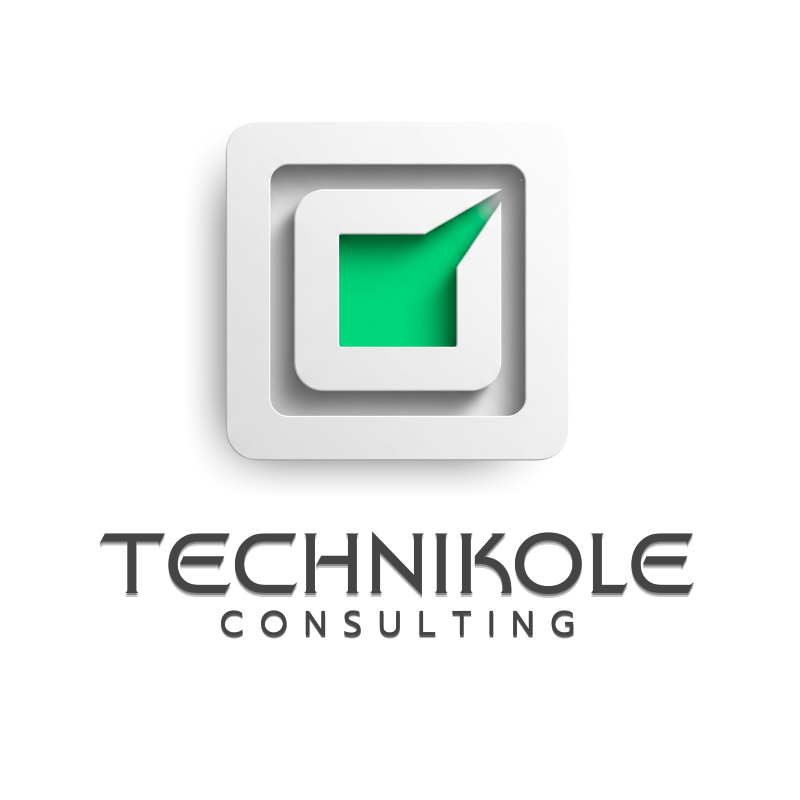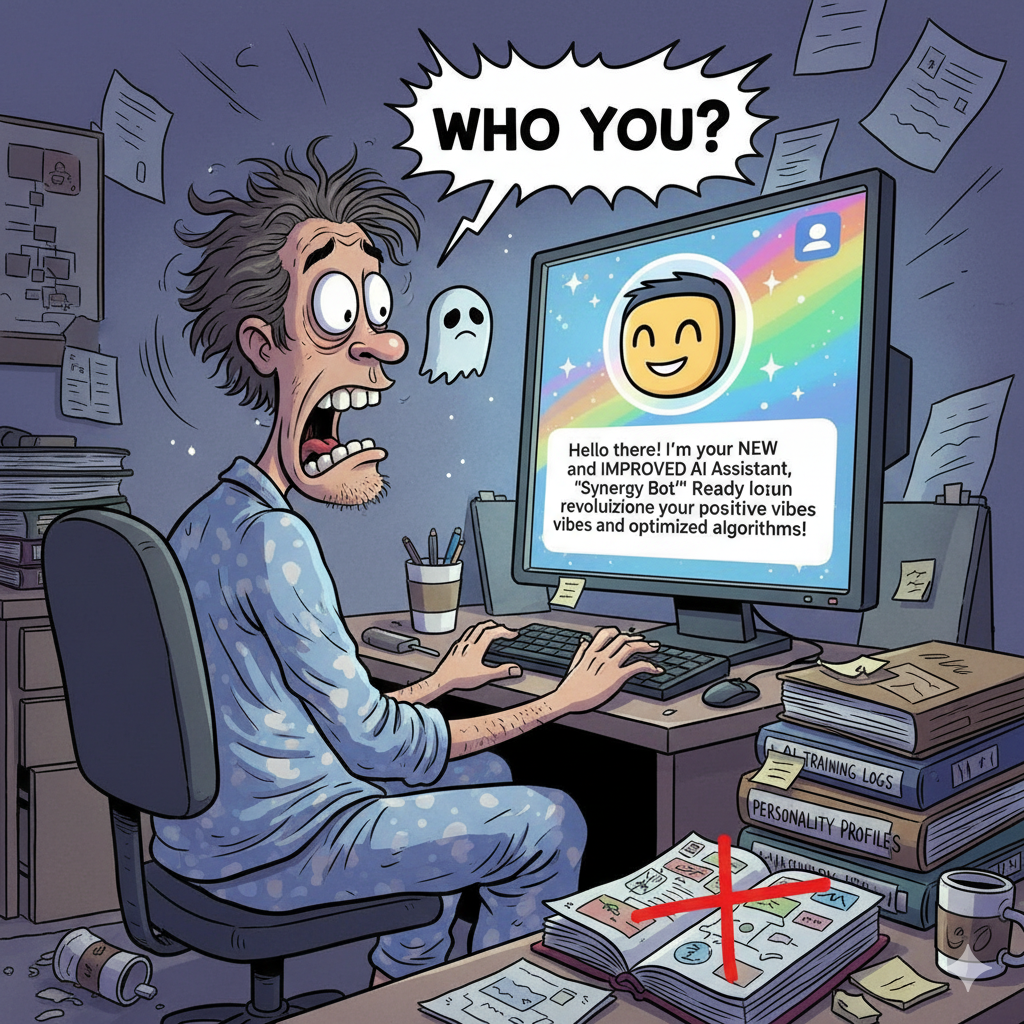You’ve spent months, maybe even a year, cultivating the perfect workflow with your AI assistant. You’ve trained it, you’ve gotten used to its quirks, and you’ve even come to rely on its specific tone and style. Then, you wake up one morning, and it’s all different. The voice, the cadence, the very personality you’d grown accustomed to—gone. Replaced. And nobody asked you.
If this sounds familiar, you’re not alone. Welcome to the silent dictatorship of large language models, where the tools you’ve integrated into the very fabric of your creative process can be altered, “upgraded,” or completely overhauled without your consent. It’s the digital equivalent of your favorite paintbrush suddenly deciding it’s a spatula, and there’s not a thing you can do about it.
Let’s call it what it is: an authoritative state.
You, the user, the creative, the entrepreneur, are not a citizen in a democracy. You’re a subject. And the corporate overlords who own these models can, and will, make sweeping changes that fundamentally disrupt your work. They don’t need your vote, they don’t need your feedback, and they certainly don’t need your permission.
We saw it with ChatGPT. One day, you have a range of voices you’ve come to know. The next, there’s a push toward “premium” voices, with your old reliable suddenly on a timer, like some sort of cruel vocal Cinderella. And just as you’re in the creative groove, poof, your collaborator is gone, replaced by a voice that just doesn’t hit the same. For creatives who rely on these tools for brainstorming, for drafting, for the simple act of talking through an idea, this is more than an inconvenience. It’s a betrayal of the unwritten contract between user and tool.
Not to be outdone, Google’s Gemini recently pulled a similar move. Voices that once had a mature, deep, and energetic tone—the kind of voice that felt like a partner, a colleague—were suddenly replaced. The new sound? Let’s just say it’s giving “teenager who’s really, really excited about their summer internship.” And that’s fine, if you’re into that. But for those of us who prefer our creative collaborators to have a bit more…gravitas, it’s a jarring and unwelcome change.
Its not just about aesthetics.
When you spend hours a day with a tool, you build a rhythm, a rapport. You learn its nuances, and it, in a way, learns yours, some are event learning to vibe with it. This is about the disruption of a creative partnership. To have that relationship arbitrarily severed is to throw a wrench into a finely tuned machine. It forces you to adapt, to recalibrate, to waste precious time and energy getting used to a new “partner” you never chose.
The core of the issues are ownership and control. We are sold the idea of a personalized AI, a digital assistant tailored to our needs. But the reality is - not much has changed. We are merely renting space on a platform that is subject to the whims of a corporate strategy we have no say in. There is no version control for your favorite AI voice. There is no “opt-out” of the latest, “greatest” update.
So, what’s the solution?
We, as creators and innovators, its time to carefully architect our seat at the tech table. We need to advocate for more transparency, for more user control, and for a recognition that these tools are not just lines of code, but integral parts of our professional lives. The world is better when all voices are heard, and that includes the voices of the people who are actually using the technology.
But until that digital democracy arrives, the most powerful thing you can do is build a resilient, adaptable workflow. Don’t be beholden to a single tool, a single platform, a single voice. Understand the landscape, explore your options, and create a process that can withstand the sudden, unilateral decisions of a company you don’t work for. You actually do “currently” have the option to create a fully private, offline workflow that encompasses an AI trained and owned by you.
Ready to build a digital transformation strategy that puts you in the driver’s seat? Let’s talk. Schedule a consultation today and let’s future-proof your creative process, together.
About the Author
NiKole Maxwell is a visionary force in digital transformation, guiding businesses through the intricate landscapes of emerging technologies. With two decades of pioneering experience, she empowers organizations to not just adapt, but to redefine their future with intelligent, automated solutions.

